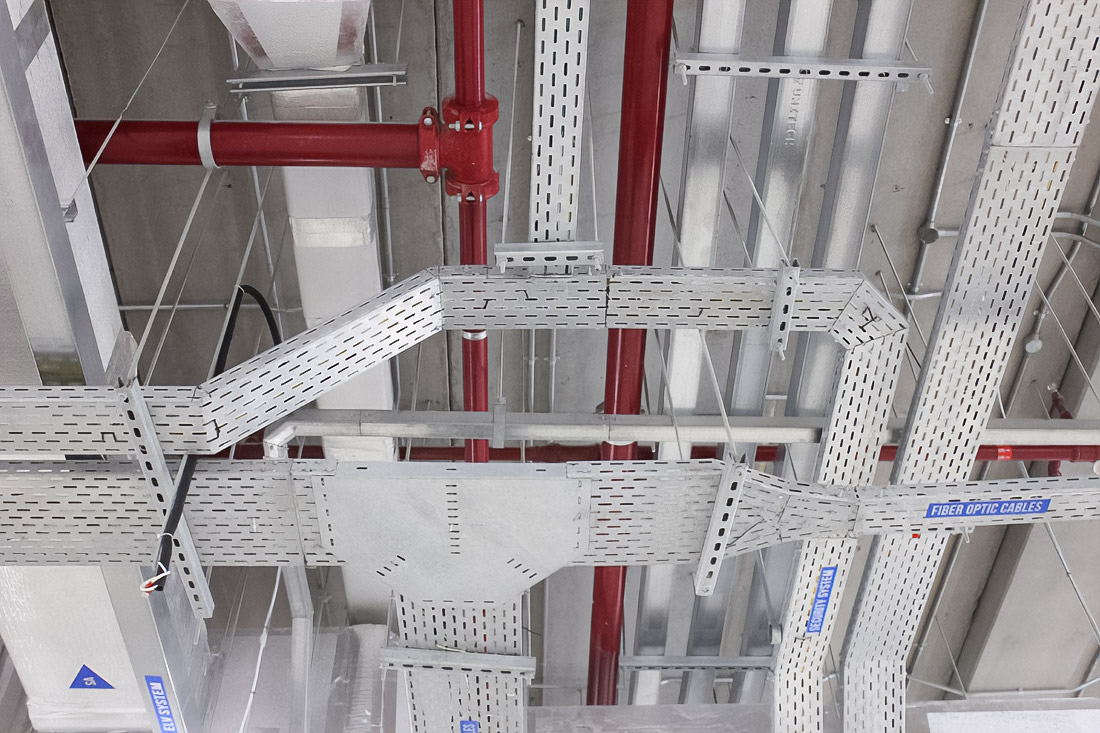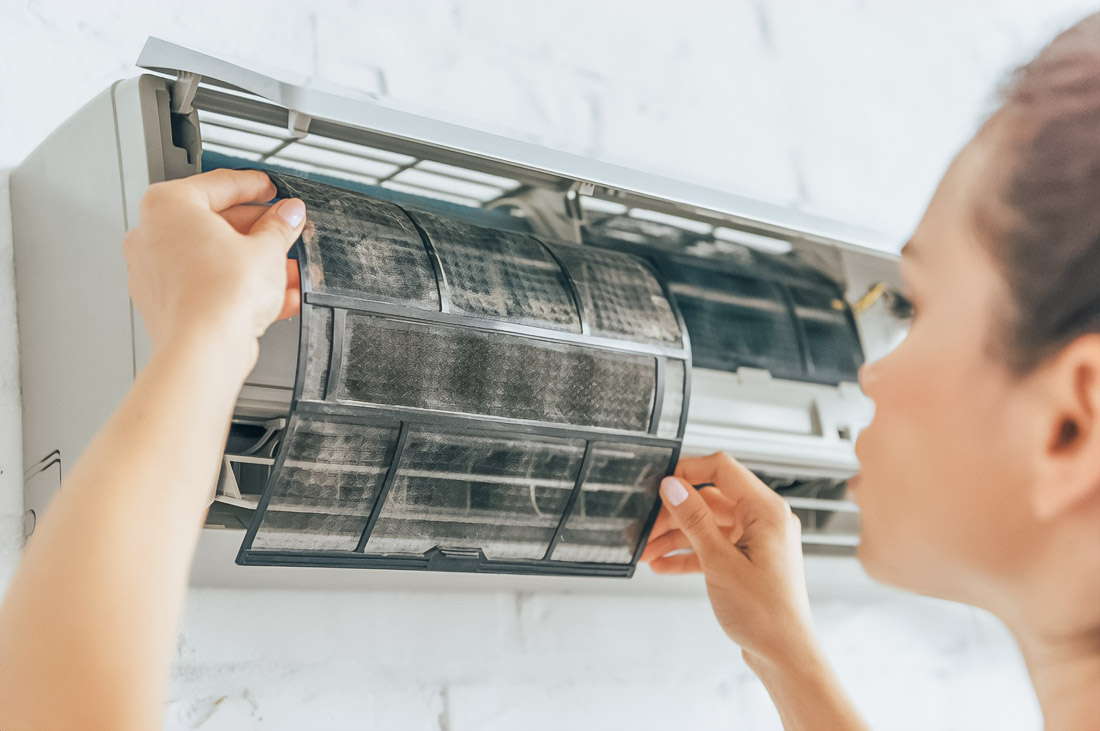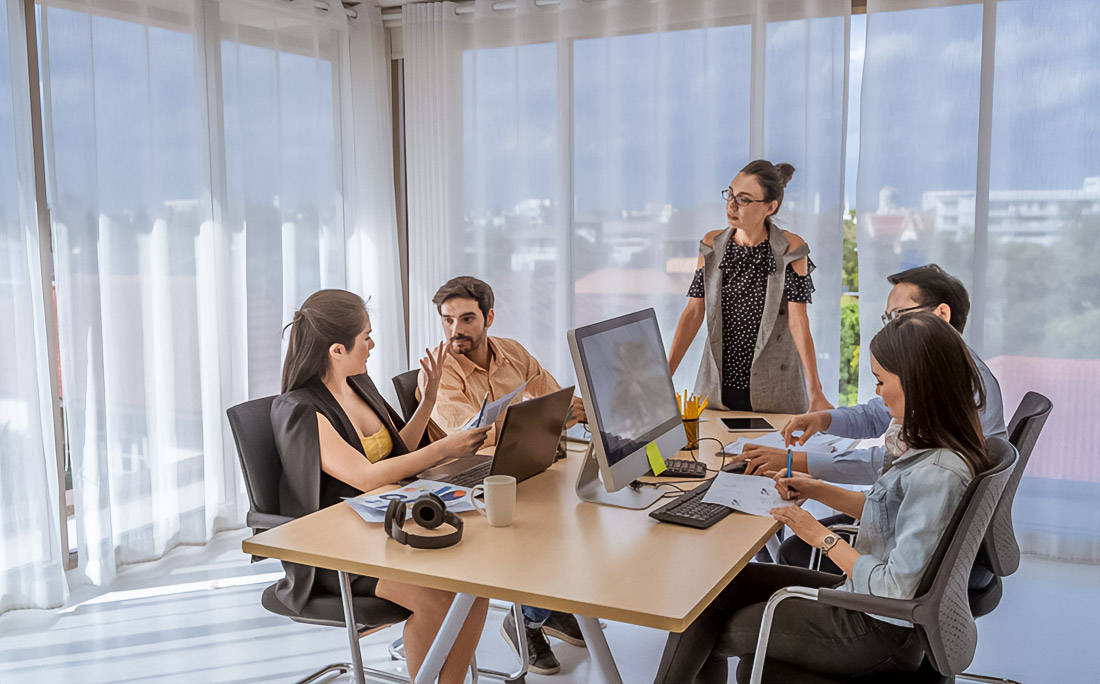Certification LEED (Leadership in Energy and Environmental Design) today acts as the leading standard in the world of sustainable construction and environmental design. Aspiring to become a world leader in sustainable development, Dubai puts precise emphasis on this certification. It not only reduces energy consumption and the carbon footprint of buildings but also increases their market attractiveness. Interestingly, 73% of tenants in Dubai prefer environmentally clean premises. Find out more about the importance of a comprehensive approach to management objects on mebsfacility.com.
Leadership in Sustainable Development: Certification LEED as Key to Eco-Friendly Buildings
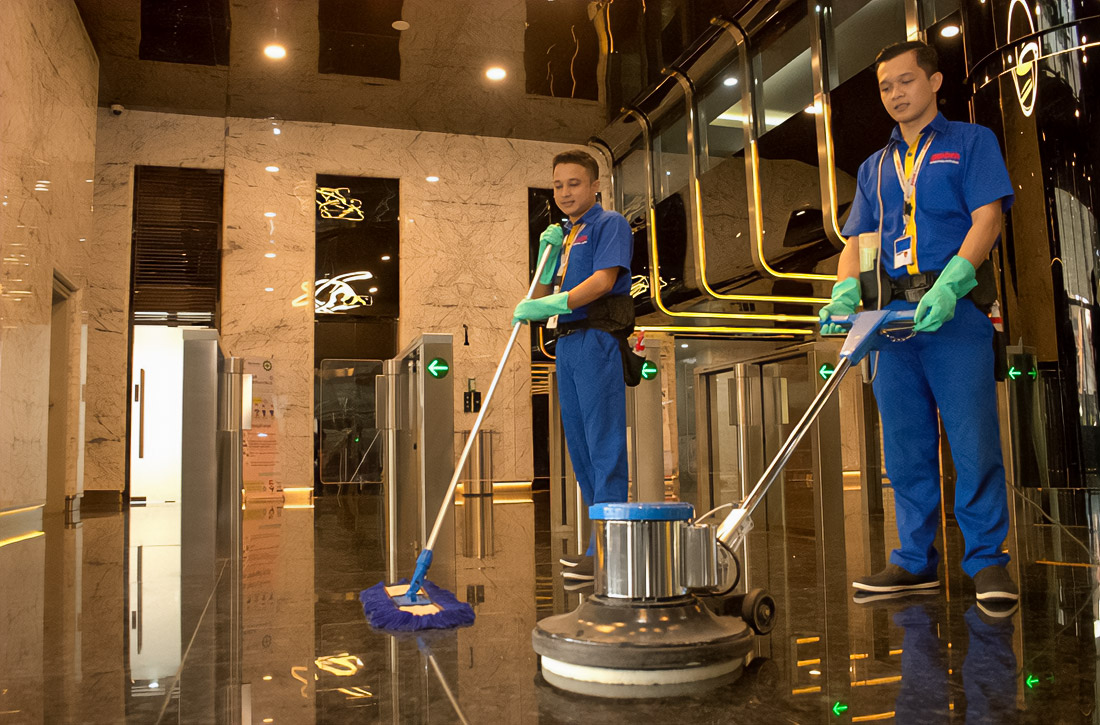
LEED represents a comprehensive system certification, allowing for the evaluation of environmental efficiency structures. Including such levels of certification as Silver, Gold, and Platinum, it is guided by a point system. Points were awarded for various aspects, from energy efficiency to innovations in design. For example, the use of solar panels increases the energy efficiency of buildings by up to 40%.
Climatic and Economic Realities of Dubai
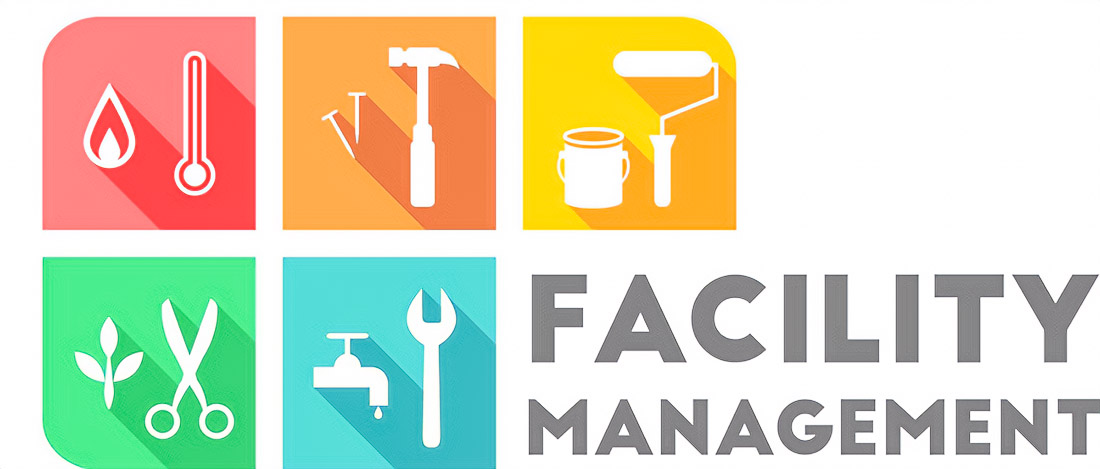
Dubai is known for its extreme climatic conditions, where temperatures reach up to +50°C, which seriously affects operational buildings. A rapidly growing economy in the construction industry requires high standards of adaptability and efficiency. In 2022, the economy of the city grew by 3.7%, which stimulated even more construction.
More about climatic features of Dubai
Effective Strategies in Management Objects LEED
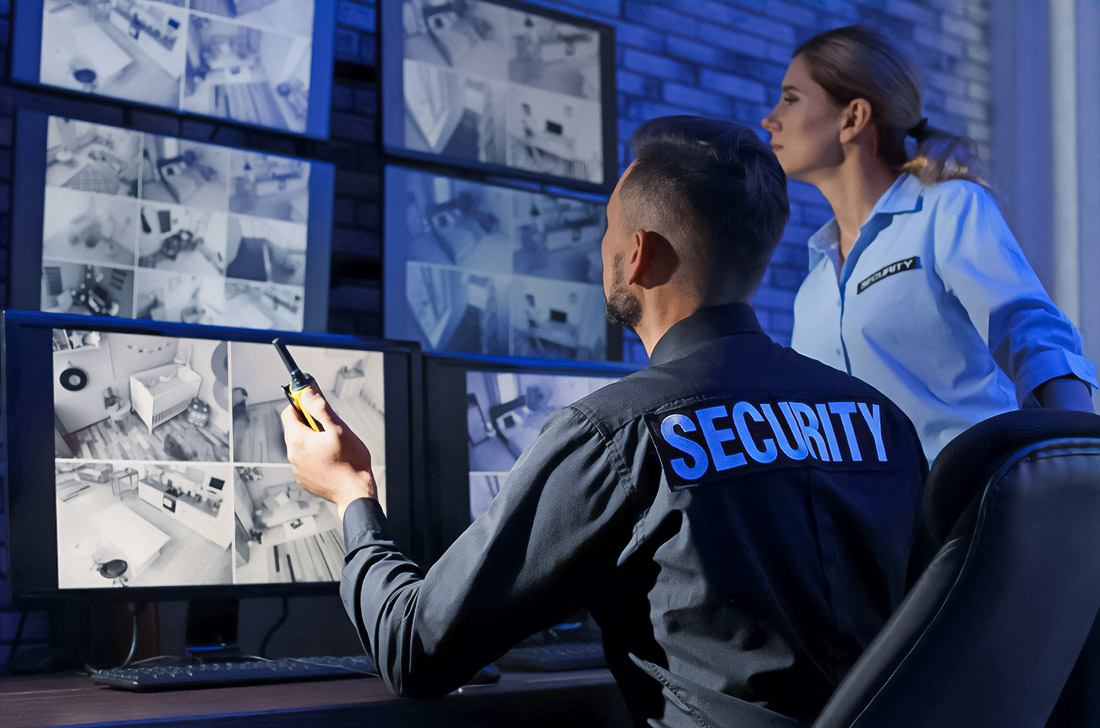
Maximum Energy Efficiency as Foundation Management
Energy efficiency — a key factor in the management of LEED-certified buildings. Using advanced HVAC systems and intelligence for the management of energy consumption allows for reduced heating and cooling expenses by 30%. Passive strategies, such as the correct orientation of buildings and the use of thermal insulation materials, also significantly affect efficiency.
Optimization Water Resources
Management of water resources in Dubai has decisive importance. Systems of water conservation, such as the collection of rainwater and the use of water-efficient devices, allow for the reduction of the consumption of freshwater by 50%. For every 1,000 used gallons of fresh water, LEED-certified buildings reduce the consumption by 120 gallons.
Integration Renewable Energy Resources
Inclusion of renewable sources of energy, like solar energy, reduces financing dependence by 20%. This has huge potential for reducing pollution, and in Dubai, this is extremely relevant due to high solar activity, up to 300 sunny days in a year.
Find out more about solar energy
Technologies and Modern Management Systems
New technologies are extremely important in the management of LEED-certified objects. Systems automation buildings (BAS), Internet of Things (IoT), and big data technologies allow optimized operation and control of all processes, from lighting to temperature regime. In 2023, about 40% of buildings in Dubai will use BAS to save resources.
Inspiring Examples of Successful Projects
Tower Burj Khalifa, holder of Gold certification LEED, is a symbol of a successful project. Its innovations in field cooling and water help reduce resource consumption by 25%. Another example — is Dubai Sustainable City, known for the implementation of innovative solutions in energy efficiency and water conservation, indicators which exceed planned energy efficiency by 20%.
Overcoming Challenges: Path to Solution
Management objects in Dubai face unique challenges, such as extreme climatic conditions and limited resources. The solution to these problems requires an innovative approach, including the development of new technologies and constant training of personnel to ensure high standards of sustainability and adaptability. For example, every year, Dubai holds more than 30 conferences on sustainable construction.
More about construction conferences in Dubai
Future Management LEED-certified Buildings in Dubai
Further development of management objects in Dubai will connect with the integration of innovative technologies. Expected active implementation methods of artificial intelligence and machine learning for the optimization process management of resources. This will lead to the creation of new standards of sustainability, improvement of quality of life, and growth in economic indicators.
Only 15 years ago, management objects within LEED in Dubai seemed like a fantasy. Today, this is an integral part of the strategy of sustainable development. Such an approach provides not only environmental but also economic advantages for the city and its residents.
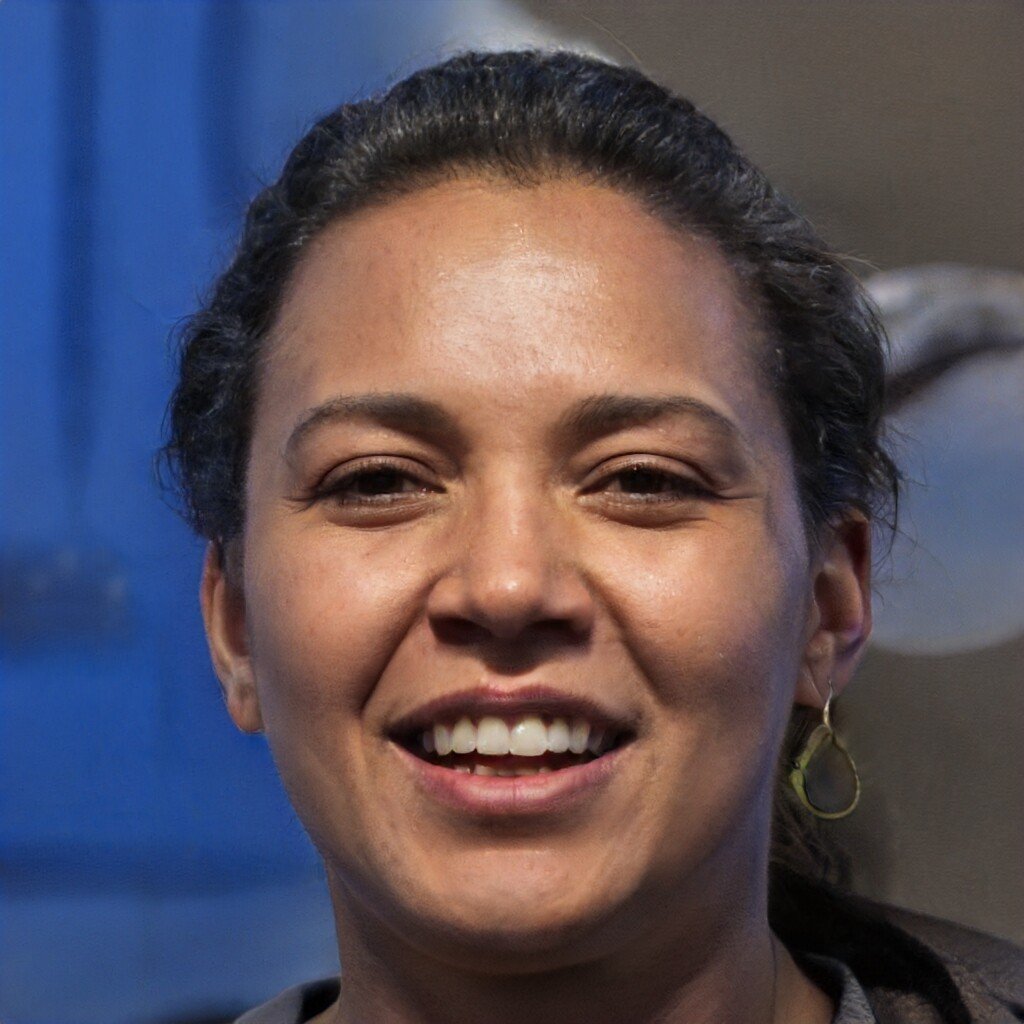
Skydiver, foodie, drummer, International Swiss style practitioner and independent Art Director. Producing at the nexus of beauty and programing to craft meaningful ideas that endure. Nothing ventured, nothing gained.
